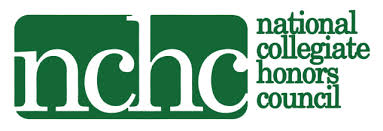Madness Across Cultures
The Individual & the Collective - HNRS 2364
Instructor(s): Amy Farnbach Pearson
Course Description
Mad, crazy, sick – there are a lot of words that mean someone isn’t behaving in the ways we expect. Western biomedicine has approached madness as an illness – first by scrutinizing, defining, and categorizing, and more recently by seeking neurobiological explanations. But there are other words, too – inspired, visionary, genius. Does madness have to be biological, pathological? In this class, we will explore individual and cultural experiences of madness to understand why and when we label deviance as pathology, and the ways other cultures define and treat madness. By examining madness across cultures, we can better understand the ways sociocultural context shapes our experiences, our thoughts and feelings, even our psychology.
Texts
We’ll read and discuss a wide range of sources, including historical, cross-cultural, and theoretical approaches to madness. For example:
Bly, Nellie. 1877. Ten Days in a Mad-House. New York: Norman L. Munro.
Fanon, Frantz. 1963. Wretched of the Earth. New York: Grove Press.
Ghaemi, S. Nassir. 2018. “After the Failure of DSM.” World Psychiatry 17 (3): 301-302.
Luhrmann, T.M., and Jocelyn Marrow, eds. 2016. Our Most Troubling Madness. Berkeley: University of California Press.
Yellow Horse Brave Heart, Maria, et al. 2011. “Historical Trauma Among Indigenous Peoples of the Americas.” Journal of Psychoactive Drugs 43 (4): 282-290.
Requirements
In addition to preparation for and participation in class, students will lead class discussion and develop essays synthesizing the “big ideas” behind course modules. For their final projects, students will choose among three options – a traditional research paper, an ethnographic interview, or a fictional narrative – that will explore social constructs of madness across cultures and/or time periods.



Social Media
For news, information, prizes and more fun stuff follow us on our social media!
Honors College Resources